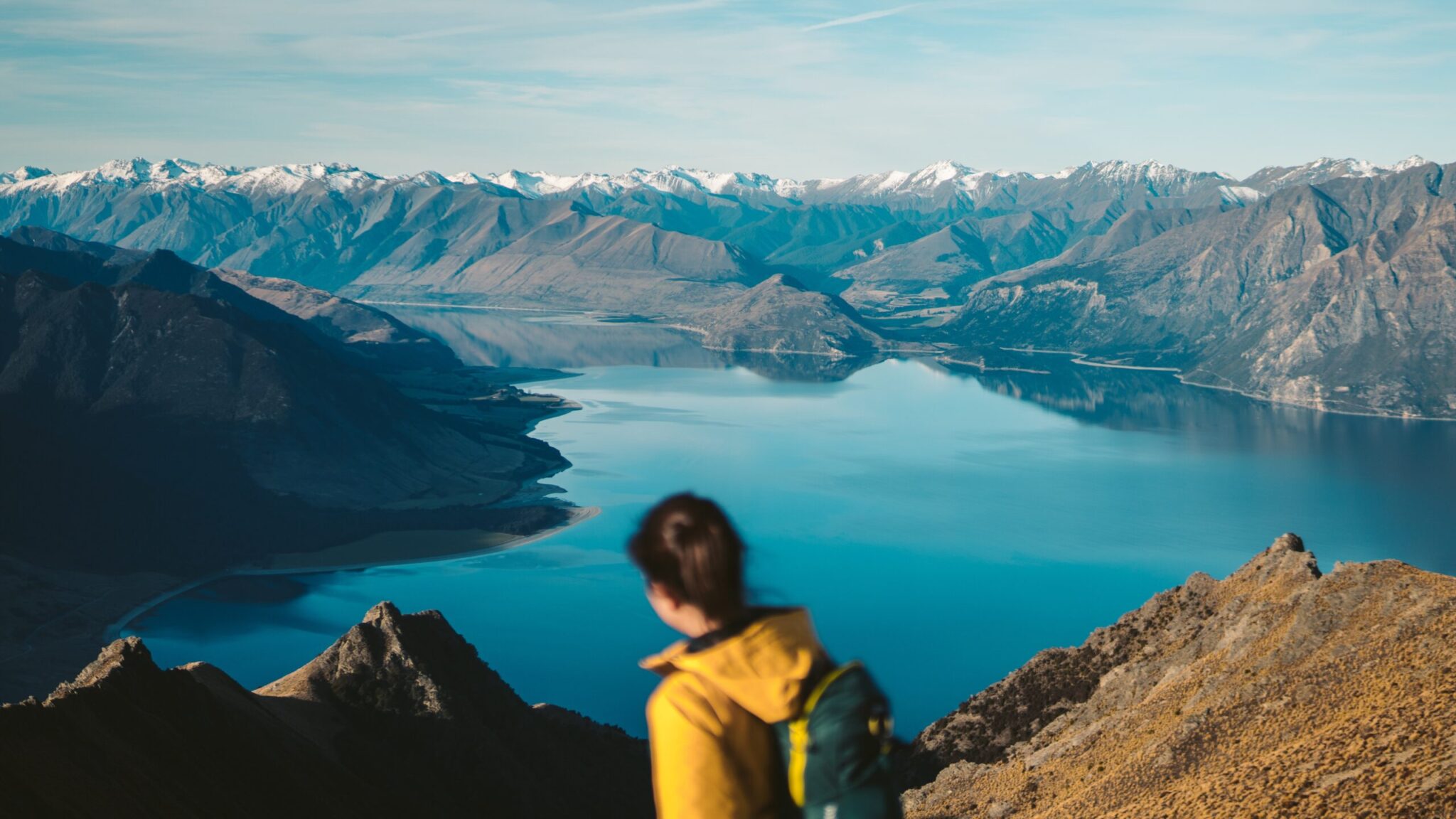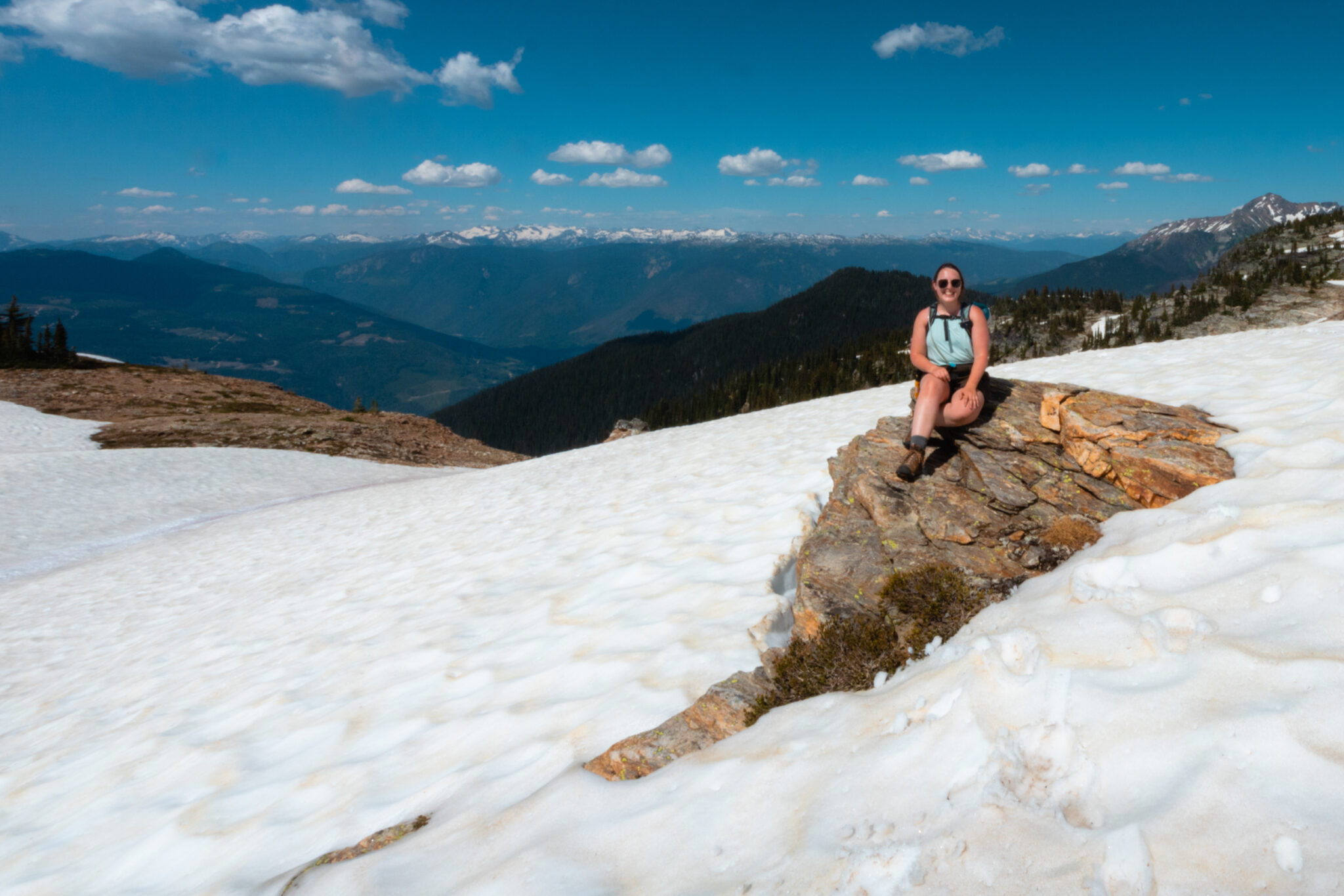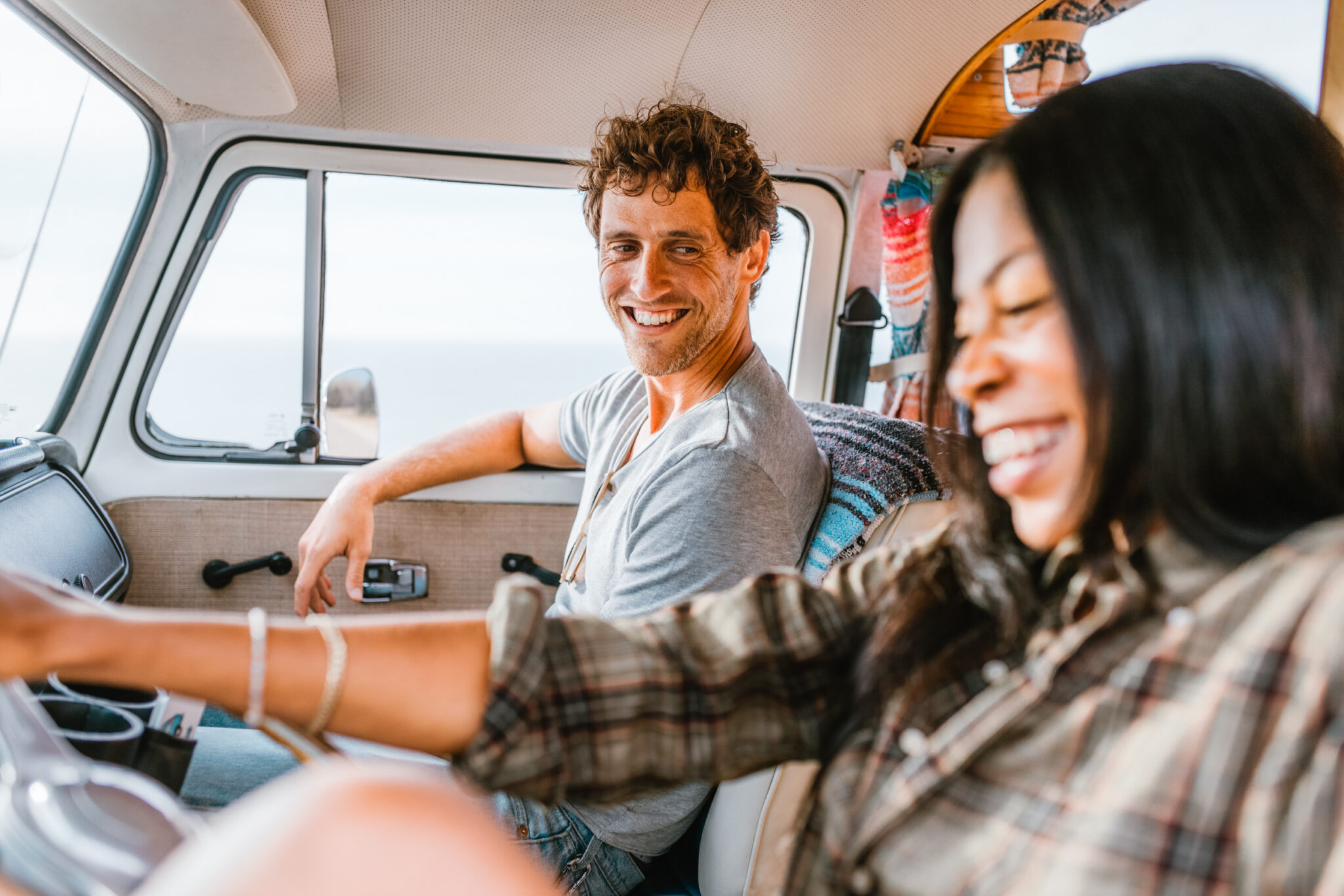Staying Hydrated on Hot Hiking Days

We’re well into summer here in the Okanagan and with that comes blazing heat.
Even though I love the outdoors, I don’t normally want to go outside in such high temperatures. When we do manage to go on a hike, it can be really hard to stay properly hydrated.
Thanks to trial and error, and education from said error, I’ve learned a few tricks about how to stay hydrated in hot weather. Instead of making your own mistakes, learn from mine!
Hydrate Before Your Hike
Proper preparation is key to stay hydrated in hot weather. Drink lots of water a few hours before you head out and continue drinking right up until you hit the trailhead. Even eat something with a little salt in it to keep your electrolytes up (see next tip!). There’s no point in fighting an uphill battle.
If you feel thirsty, I’m sorry to tell you, but you’re actually already dehydrated.
Keep Your Electrolytes Up
Electrolytes help regulate your body’s physical abilities but when you sweat, you lose them. If you lose too many electrolytes, your physical performance will suffer. When you’re hiking for longer than an hour, especially in hot weather, you’ll need to compensate for that loss.
Luckily, there are plenty of easy ways replace your electrolytes. Gatorade and Powerade are popular options, but I prefer to mix powders and tablets into water. My favourite are NUUN tablets.
Hydrate Regularly
An easy way to stay hydrated when it’s hot out is to keep your water handy. Hydration packs are wonderful because you can easily drink all the time. If you prefer water bottles, keep them on the outside of your pack so you can quickly access them. Instead of chugging water at break time, take smaller sips regularly. Your body with thank you for it.
Pack Appropriately
Carry as much water as possible. I always carry at least 3 litres of water in a hydration pack, along with extra water bottles. Water is heavy, but it’s very important. If you know you’ll be hiking somewhere near water, bring a water filter such as a Lifestraw in case you need more water.
A good rule of thumb is that you’ll drink about a half litre of water per hour of moderate activity in moderate temperatures. Be prepared to drink more in hot weather. In addition to packing water, make sure to wear breathable clothing, sunscreen, a hat, and sunglasses.
Monitor Your Hydration
An easy way to stay hydrated when it’s hot out is to keep your water handy. Hydration packs are wonderful because you can easily drink all the time.
If you prefer water bottles, keep them on the outside of your pack so you can quickly access them. Instead of chugging water at break time, take smaller sips regularly. Your body with thank you for it.
Eat Water
Yes, this is a thing. Try to eat food with moisture and other nutrients to keep yourself hydrated. Fruit like watermelon, strawberries, and cantaloupe are great!
Drink More at High Altitudes
It can be hard to stay hydrated when you’re hiking at high altitudes because you’re less likely to feel thirsty. Even if you don’t feel like it, drink regularly.
Start Early in the Morning
Early morning and late at night are the coolest times of the day. If at all possible, avoid hiking in the afternoon because it’s usually the hottest part of the day.
Not only will hiking in the morning be cooler, you’ll stay hydrated longer because you won’t sweat as much.
Hiking Buddies
Not only do hiking buddies make your trip more memorable, you can hold each other accountable for your well-being. By monitoring each other’s conditions, you can help one another if someone’s showing signs of dehydration.
Plus, you’re also more likely to hydrate regularly if you see someone else doing it.
What If You Don’t Stay Hydrated?
If you don’t properly hydrate yourself, you run the risk of serious consequences such as dehydration, heat exhaustion, or even heat stroke.
Dehydration
Dehydration is when your body loses more fluids than it takes in. If you feel thirsty, you’re already starting to become dehydrated. If you don’t drink some water, you’ll notice early signs of dehydration like:
- Thirst
- A dry mouth
- Low energy
More serious symptoms of dehydration include:
- Headaches
- Cramps
- Dark urine
- Nausea
- The “umbles” (stumbling, mumbling, grumbling, and rumbling)
- Decrease in physical and mental performance
Luckily, it’s fairly easy to fix dehydration: just drink water.
Heat Exhaustion
Heat exhaustion goes hand in hand with dehydration.
To prevent heat exhaustion, drink plenty of water, wear loose fitting clothing that covers your skin, and limit physical activity. If you’re hiking, be sure to take plenty of breaks in the shade and dunk your head in water.
Heat Stroke
Mild dehydration and heat exhaustion don’t need emergency medical attention, but without treatment they can lead to heat stroke. If it’s severe enough, you’ll require medical attention.
Heat stroke can damage your brain and other vital organs as well as cause death.
Don’t mess around with hydration, especially in the heat. Stay safe out there and let us know how you stay hydrated in hot weather.


